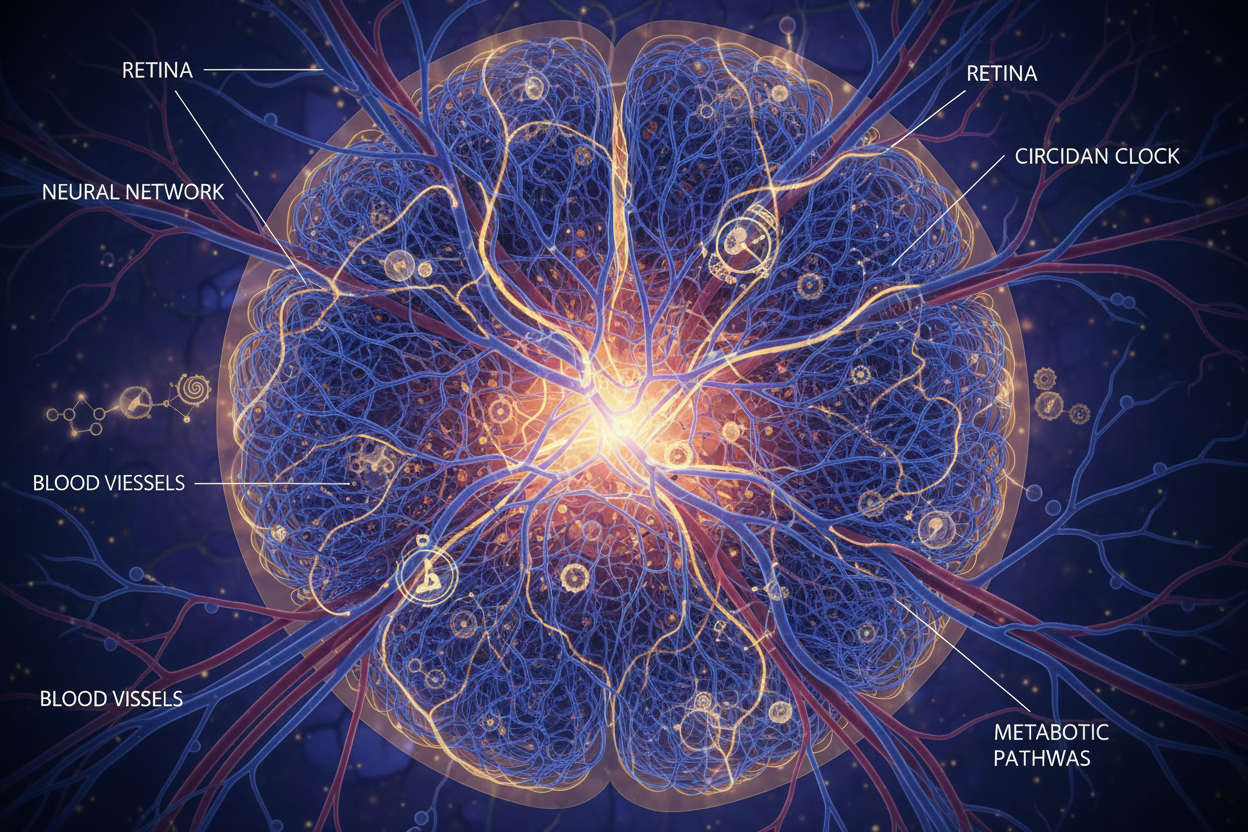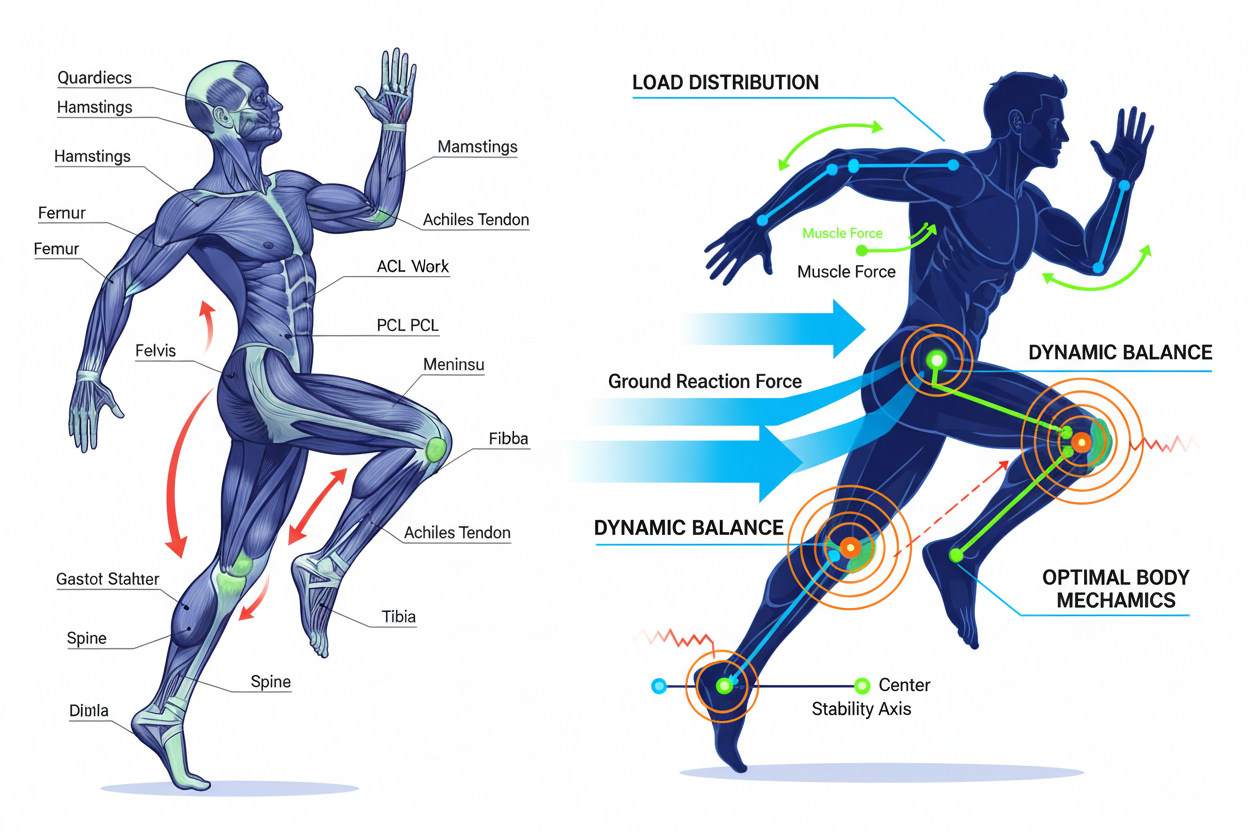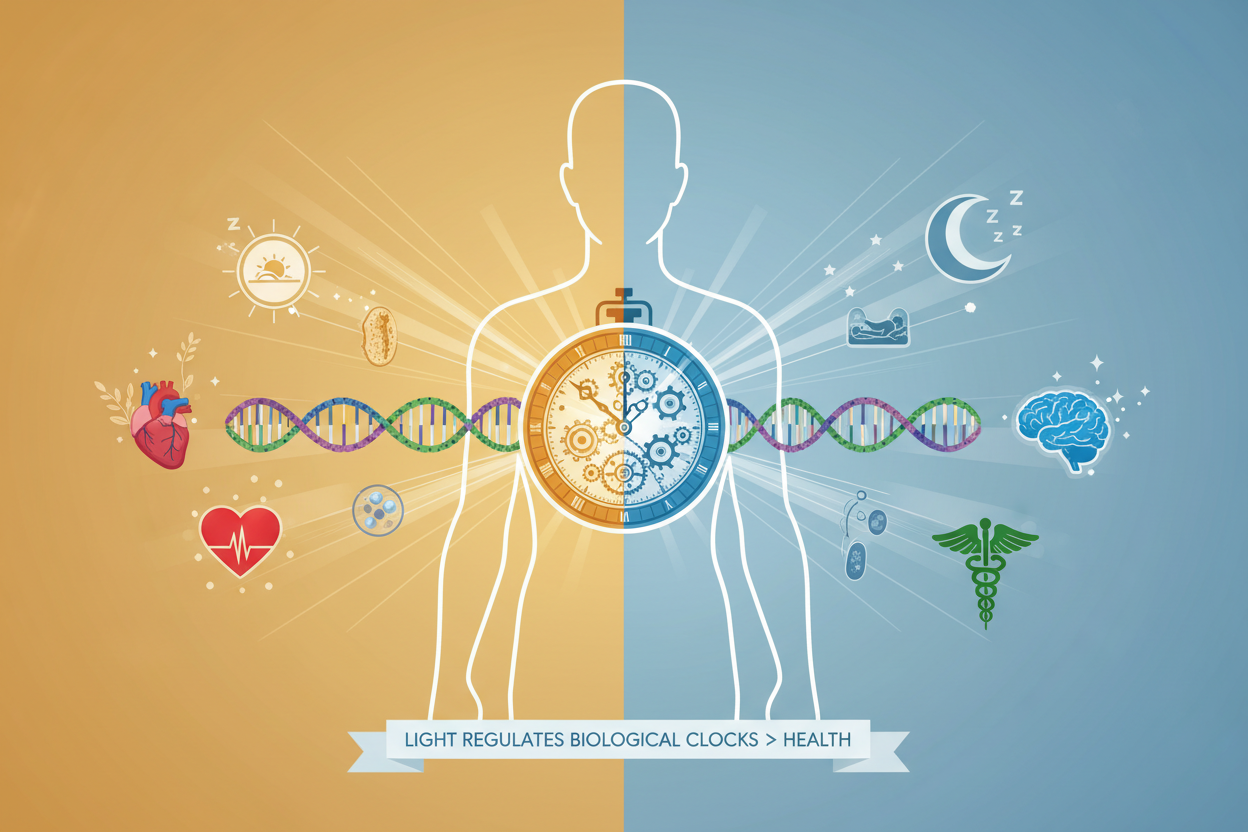Recently published study led by Dr. Laura Pritschet and her team brings groundbreaking insights into how pregnancy changes the structure and function of the female brain. This research, published in a prestigious scientific journal, reveals that changes in the brain of a pregnant woman are much more extensive and long-lasting than previously assumed.
Revolutionary Discovery: Pregnancy as a Catalyst for Brain Changes
Researchers used state-of-the-art imaging technologies to monitor the brains of women before, during, and after pregnancy. They found that pregnancy triggers dramatic changes in gray matter, especially in areas associated with social cognition and empathy. Dr. Pritschet explains: "Our study shows that pregnancy is a period of intense neuroplasticity, during which the mother's brain prepares for the challenges of parenthood."
Key Findings of the Study
1. Reduction of gray matter: In certain areas of the brain, primarily in the prefrontal cortex and temporal lobe, there is a decrease in the volume of gray matter. However, this reduction is not a sign of loss but an optimization of brain connections.
2. Strengthening of social networks: The study revealed enhanced connections between brain areas responsible for social interactions and empathy. These changes likely increase the mother's sensitivity to the child's needs.
3. Long-term effects: A surprising finding was that many of these changes persist for at least two years after childbirth, suggesting a lasting impact of motherhood on brain structure.
Hormonal influence on brain changes
Dr. Pritschet and her team also studied the role of hormones in these changes. They found that hormones such as oxytocin, estrogen, and progesterone play a key role in the remodeling of brain circuits. "Increased levels of oxytocin, for example, strengthen emotional bonds and empathy, which is essential for creating a strong bond between mother and child," explains Dr. Pritschet.
Practical implications of the research
These discoveries have significant implications for understanding motherhood and the care of pregnant women:
1. Better preparation for parenthood: Understanding these changes can help women better prepare for the emotional and cognitive challenges of motherhood.
2. Prevention of postpartum disorders: Knowledge of these neuroanatomical changes can lead to better strategies for the prevention and treatment of postpartum depression.
3. Support during pregnancy: Research emphasizes the importance of comprehensive care for pregnant women, which includes not only physical but also psychological aspects.
Recommendations for Pregnant and Nursing Women
In connection with these discoveries, Dr. Pritschet emphasizes the importance of a holistic approach to care during pregnancy and after childbirth. He recommends:
1. Regular exercise: Physical activity promotes neuroplasticity and can help optimize brain changes.
2. Meditation and mindfulness: These practices can support positive neuroanatomical changes and reduce stress.
3. Balanced diet: Proper nutrition is key for the healthy development of both the mother's and the baby's brain.
4. Social support: Strong social bonds can promote positive brain changes and reduce the risk of postpartum depression.
Natural dietary supplements for brain health support
For optimal support of these fascinating brain changes during pregnancy and breastfeeding, Dr. Pritschet recommends considering the use of high-quality natural dietary supplements. Endala offers a range of products specially developed for the needs of pregnant and breastfeeding women:
- Pregnant woman: A comprehensive supplement containing folic acid, omega-3 fatty acids, and other key nutrients supporting healthy fetal brain development and optimizing brain changes in the mother.
- Nursing woman: A specially formulated supplement for nursing mothers that supports milk production while providing nutrients essential for brain recovery after childbirth.
These natural supplements are designed to support neuroplasticity and optimal brain function during this important stage of life.
In conclusion, Dr. Pritschet adds: "Our study shows that pregnancy is a period of incredible transformation not only of the body but also of the brain. These changes prepare women for the challenges of motherhood and can have a long-term positive impact on their cognitive and emotional abilities."
This groundbreaking research opens new horizons in understanding motherhood and emphasizes the importance of comprehensive care for pregnant and breastfeeding women. With these new insights, we can better support women on their journey through motherhood and optimize the health and well-being of both mother and child.





Leave a comment
This site is protected by hCaptcha and the hCaptcha Privacy Policy and Terms of Service apply.